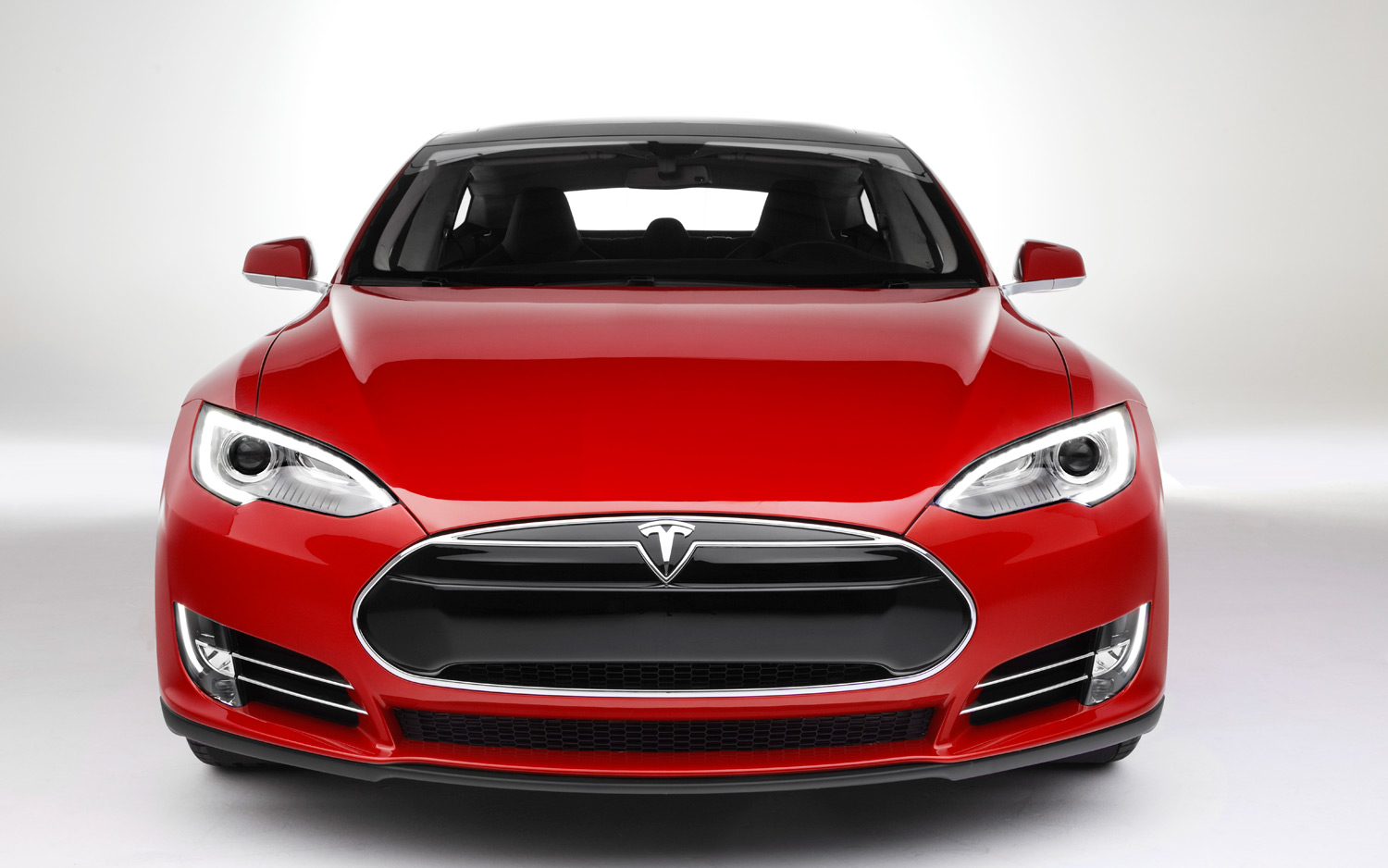I made an appearance on Matt Sedlar’s excellent Sociology Ruins Everything podcast. I discuss and critique the film Don’t Look Up.
As a sociologist of disaster and an urban geographer I had lots to say about how the film Don’t Look Up is a pretty good disaster film, but it is a lousy climate change film. It is a film in search of a problem. What do I mean by this? Well, for one, there is no clear diagnosis of the causes of disaster and catastrophe nor does it even pretend to explore what it means for climate to be a “wicked problem.” The latter would require a completely different narrative and film.
Instead, what they gave us was a hot mess in which the viewer is asked to all the heavy lifting. I identified at least 11 diagnoses found in the film: traditional media, social media, bad culture, failure of science communication, political corruption, technological solutionism, plutocracy, extractivism, capitalism, greed, and plain old shitty humans. [exhale] The problem is that the filmmakers’ narrative does little to explore the nuances of any of these nor the systemic connections between some of them.
The result is a grab bag of liberal to left wing critiques of contemporary social life—critiques of course that are often spot on but as a form of climate or environmental propaganda quite lacking.
Oozing from the narrative soup is the film’s biggest miss: the analogy. Analogies and metaphors are important linguistic devices that are super important for the communication of science and of social theory. The film asks us to imagine climate change as a comet. But is climate change a comet?
Listen to the podcast to hear the answer and hear my full critique. Listen here.

